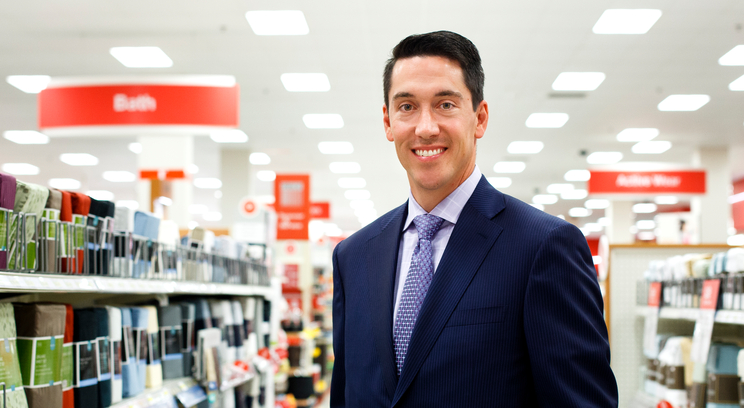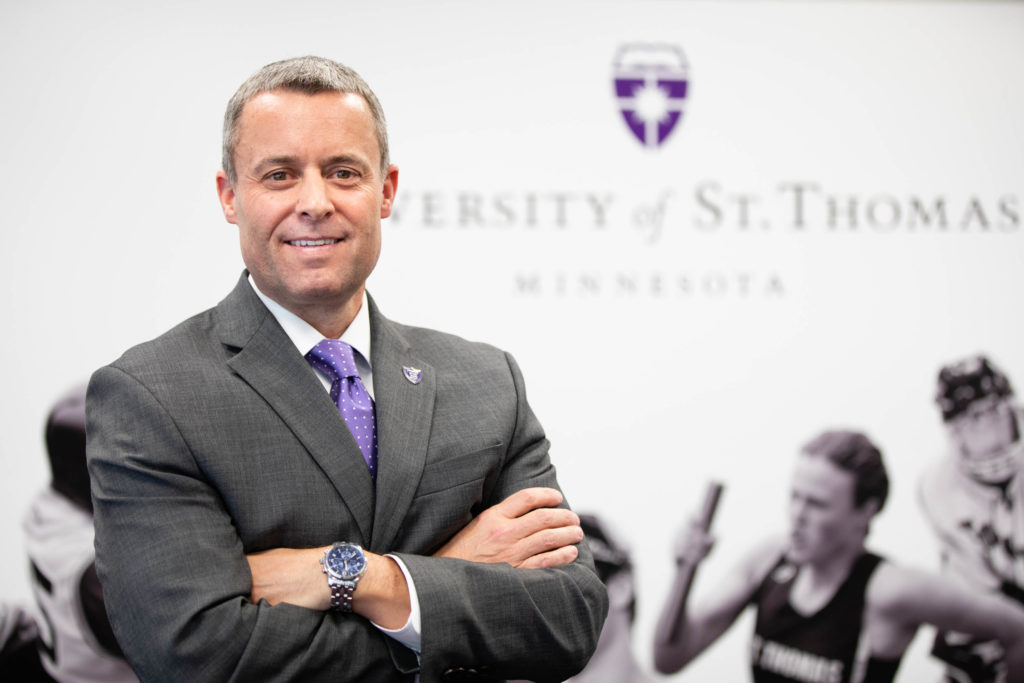A short, highly unscientific survey of professionals in downtown Minneapolis indicates that few people have more than a rudimentary knowledge of our international neighbor to the near north, Canada.
Fewer than 30 percent of respondents knew that its system of government is a unique combination of federal parliamentary democracy and constitutional monarchy. More than 80 percent knew that the country has two official languages – French and English – but fewer than 1 percent could name any of the six languages officially recognized in various regions of the country (Chipewyan, Cree, Gwich’in, Inuinnaqtun, Inuktitut, Inuvialuktun, Slavey and Tlicho). All participants could name at least one province, but few could cite the 10 Canadian provinces and three territories stretching from the Atlantic to the Pacific oceans and northward into the Arctic.
Canada is the second largest country in the world based on area, is home to 34.5 million people, ranks sixth globally on the human development scale, has the ninth largest per capita income, ranking ahead of the United States, and is the next, perhaps most important, frontier for Tony Fisher ’97, president of Target Canada.
O Canada
Fisher, a native of St. Paul, Minn., has worked for Target Corp. in one capacity or another since interning at the Dayton Hudson Corp. (forerunner to Target Corp.) during his junior year at the University of St. Thomas. In 1999, he joined Target as an entry-level business analyst in merchandising, then moved on to senior business analyst, manager and senior buyer in apparel and grocery. As a divisional merchandising manager, he was responsible for toys and sporting goods. Before being named president of Target Canada in January 2011, Fisher was vice president of merchandising operations for Target Corp.
Yet Fisher’s path to the presidency was not a direct one, nor was it traditional. Following his junior year at St. Thomas, Fisher was drafted by the Texas Rangers as a center fielder. He played for teams in Port Charlotte, Fla.; Savannah, Ga.; Charleston, S.C.; and Pulaski, Va. Teammates included his roommate Travis Hafner, as well as R.A. Dickey, Carlos Peña, Joaquin Benoit, Doug Davis and Mike Venafro.
"Minor league baseball is remembered for a lot of things … playing in different cities, the fans that treat you like you’re in the big leagues, the terrible locker rooms … but one thing everyone remembers from playing in the minors are the bus rides. I’ll always remember my first one. I had just joined the team and we immediately went on a 10-day road trip. When you travel, they give you your entire trip’s meal money in one envelope as you get on the bus – $15 per day. I got on the bus with my $150 and not more than five minutes later, the guys invited me to play poker. I thought, ‘Wow, that’s nice. I’m new and they’re being so inviting. This will be a great way to get to know the guys!’ I think I lasted about seven minutes and my money was completely gone. Needless to say, I didn’t get to know many guys playing poker that trip; however, I was very nice to the next new guy to join the team and of course invited him to play poker with us!"
Minor league baseball, perhaps, is the place that distilled Fisher’s belief in the importance of teamwork. "Baseball, like business, is a sport where teamwork and collaboration are abso-lutely critical in order to achieve your long-term objectives. You learn to work with people from very different backgrounds, cultures and countries, and you figure out a way to come together, to compete and to win."
Fisher played baseball for three years, returning to Minnesota in the off season to complete his degree at St. Thomas. "I had some great experiences in my time at St. Thomas, and I think the basic foundation of a disciplined focus to learning was at the core of what I took away. There are many things that allow leaders to be successful: Setting the right vision, being a strong critical thinker, developing and leveraging a broad network of resources, being self-aware, and having a committed focus to developing people."
When he chose not to rejoin the Rangers, he "wasn’t sure at the time if the decision to stop playing professional baseball was the right decision or not, namely because I stopped before I had reached my peak performance. Reflecting back, the decision for me came down to thinking about which career gave me the best chances of success. I was more confident in my chances as an execu-tive than as a baseball player."
A Sound Decision
Clearly, Fisher’s decision to focus on his career in business was a good one. His 13 years with Target have seen him rise steadily through the ranks and be involved in almost every aspect of merchandising. This intimate knowledge of the U.S. retail giant left him ideally positioned for his latest role, and he assisted the corporation during its initial planning stages. "Before joining Target Canada, I had strategic pricing as one of my areas of responsibility," Fisher notes. "My involvement in the planning process prior to our deal being announced was to help determine what our profit model would look like given the existing retail market conditions."
Those market conditions were one of the factors motivating Target to expand into Canada. "Target has always been and will continue to be focused on profitably growing our core business in the United States," Fisher says, "but we also realized that international expansion was a critical growth factor for us as we looked at our long-range strategic plan." Target leadership researched various international options, from emerging markets to well- established markets overseas. Canada – with its robust economy, educated workforce and stable government – provided the best fit. Research showed that Target brand awareness was strong across Canada – 70 percent. In addition, more than 30,000 Canadians held Target’s proprietary credit card and more than 10 percent of the nation’s citizens already shopped at Target stores in the United States or online.
While the decision to move into Canada was made several years ago, it wasn’t until 2010 that the company encountered the right set of circumstances to make it possible. A first, and critical, step was protecting the company’s immediately recognizable trademark. Since acquiring the assets of a company called Dylex Ltd. in 2001, Fairweather Ltd., International Clothiers and Les Ailes have claimed Canadian ownership rights of the Target name, which was registered by Dylex in Canada in 1981. For its part, Target Corp. claimed Fairweather had lost rights to the name since it stopped using it following the acquisition of Dylex. Finally, in February 2012, Fairweather and Target reached an agreement in the courts whereby the Canadian retailer will stop using the Target trademark by Jan. 31, 2013.
Another consideration in the expansion was whether or not to build new stores. Fisher says, in 2010 "we took advantage of the opportunity to buy up to 220 of the leasehold interests of Zellers, an existing discount retailer in Canada owned by the Hudson Bay Co., which would allow us to expand internationally with a large number of stores within our first year of launch. We determined which of the 220 locations would be of best strategic and financial interest for Target, and then decided which locations would be best served as a Target store." The end result is an ambitious plan to open 124 stores by the end of 2013, with some of the first stores opening in the Toronto area as early as this coming spring. The company will open new stores from then on approximately every two months, first in Western Canada followed by Ontario, Quebec, the Atlantic regions and then multiple provinces.
"This isn’t a typical merger or acquisition," Fisher notes. "We only bought the leasehold interests, and because of that we need to build our own team, build our own technology infrastructure, and build our own supply chain, all within a two-year timeframe of announcing the deal. In addition to this, we plan to invest an aver-age of more than $10 million per store to completely remodel the existing locations into fully branded Target stores."
Paramount to the success of their business strategy is building a team, and no one is better known for its focus on teams than Target Corp., whose employees are known as team members and whose career services website proudly proclaims "our team is our greatest asset." So it was critical that the teams representing Target Canada reflected the communities in which the stores operate. As Fisher states with pride, "I’m excited by the fact that when our stores are fully staffed, more than 99 percent of our team will be filled with Canadian team members."
Concentric Learning
Expanding into a foreign country requires not only an understanding of differing laws and regulations but also of differing cultural norms. Americans – especially those who share a border with Canada (the longest land border in the world) – have long had a tendency to view the country as "America North," a misnomer that fails to grasp the history, complexity, socio-economic characteristics and diversity of the Canadian people.
Fisher and his team were determined not to make that mistake: "We were very clear from the beginning that it would have been a mistake for us to treat Canada as the 51st state, or Target’s fifth region. We started our plans with what we called ‘Listening and Learning’ tours across the country."
On these tours, Target representatives met with leaders at all levels to learn more about the country. They conducted focus groups made up of Canadians who already shopped at Target and those who didn’t. "What was very clear is that Canadians want the full Target brand experience, not something diluted or changed for Canada." At the same time, the focus groups pointed out, Canadian shoppers expect the merchandise to reflect local tastes, preferences and even climate. While many of the merchandising choices will be based on consumer input and feedback, shelves also will be stocked with Canadian cultural products, a requirement of Target’s deal with the Canadian government.
It is Fisher’s role as president to be engaged in and aware of each step along the path to the largest expansion in Target’s history. And in this role, his workday has become anything but typical. While he and his family have moved to Toronto, he still visits the corporate headquarters in Minneapolis at least once a month. He meets with current team members and interviews prospective team members, consults with local industry and government leaders, and listens to retail peers, among them other U.S. retailers with a longer track record in Canada, well-known names such as Wal-Mart and Sears.
Wherever he is, Fisher is engaged in the full-time job of concentric learning. Fisher believes that one of the most important aspects of being successful as a leader is to be a concentric learner or, as he defines it: "being accountable to your opportunities. You have to ask for feedback, show resilience by accepting what you heard, and then be adaptable by improving where you need to. Leaders who always focus on concentric learning, while soaring with their strengths, will continue to find success in their careers. I believe that’s a big reason why I’ve been fortunate to have the career I’ve had so far."
Read more from B. Magazine.







